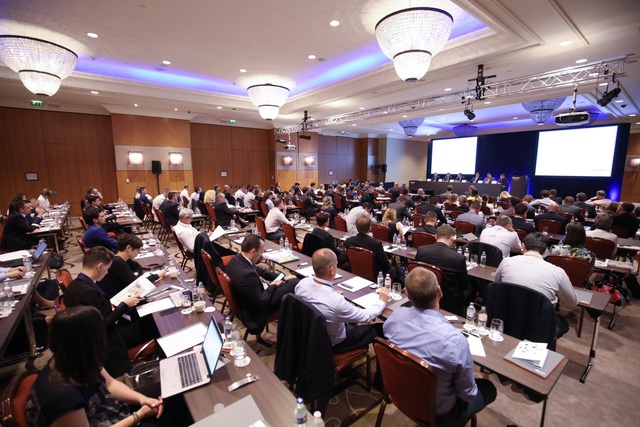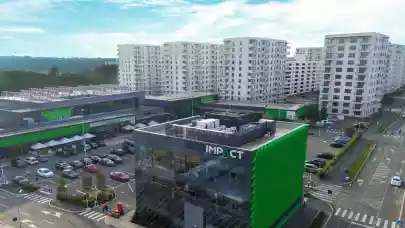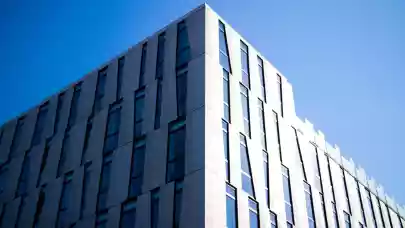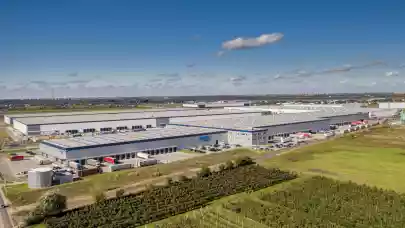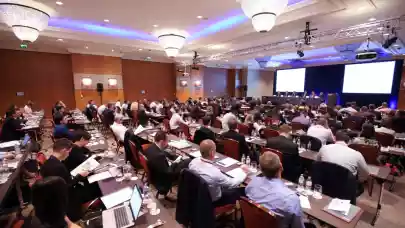
The Budapest office market is booming and as the needs of tenants are changing, developers need to pay attention not only to sustainability but to employee well-being as well. Panelists at Portfolio’s FM & Office 2017 conference in Budapest talked about the future of the office market in the capital.
According to Gábor Paukovics (Kinnarps) the needs of tenants are changing in Hungary and the CEE region, with a lot more emphasis being put on employee well-being. Tenants want to know what can a building offer to its users. Still, they rarely take part in the design process of the actual office space.
As an architect Zoltán Király (TIBA Építész Stúdió) oversees several ongoing office projects in Budapest – both speculative and build-to-suit. He believes that designing office buildings has become a more complex task as developers pay more attention to the needs of tenants. There is also more focus on facility managements issues these days, developers want to prepare for the future by adapting new technologies. Although robotisation is not as widespread in Hungary as it is in Western Europe, new office buildings in Budapest have many modern features, he added.
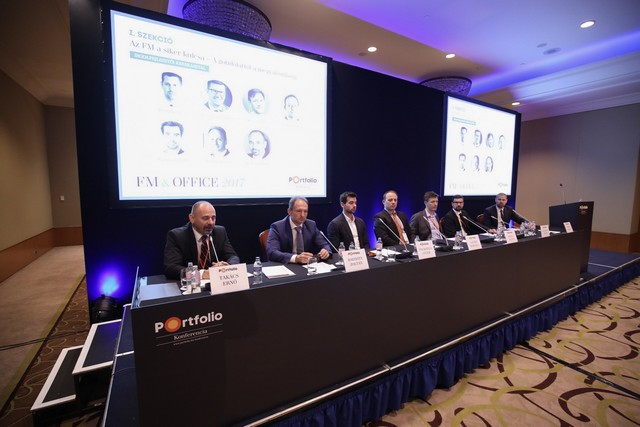
HB Reavis believes that city centre developments are good for employees and employers as well. If more services are available within the office complex, employees can get more things done during a workday and absence from work will become less likely.
Although it’s positive that tenants care more about well-being, they also shouldn’t forget the importance of sustainability, Mr. Radnóty added. Many companies already only look for buildings offering green solutions and this trend should continue in the future.

When developing company headquarters, developers need to work really closely with the tenants and fully adapt to their needs in the fields of HR, IT and PM, added Dr. Ernő Takács (Wing). He is not surprised by the impressive office development pipeline in Budapest. Demand from tenants remains strong, banks are willing to provide financing and developers are more open to take risks, so everything is given for an office boom. The labour shortage in construction can hinder this growth, but Mr. Takács believes that by increasing efficiency and investing in technology these problems can be dealt with.
